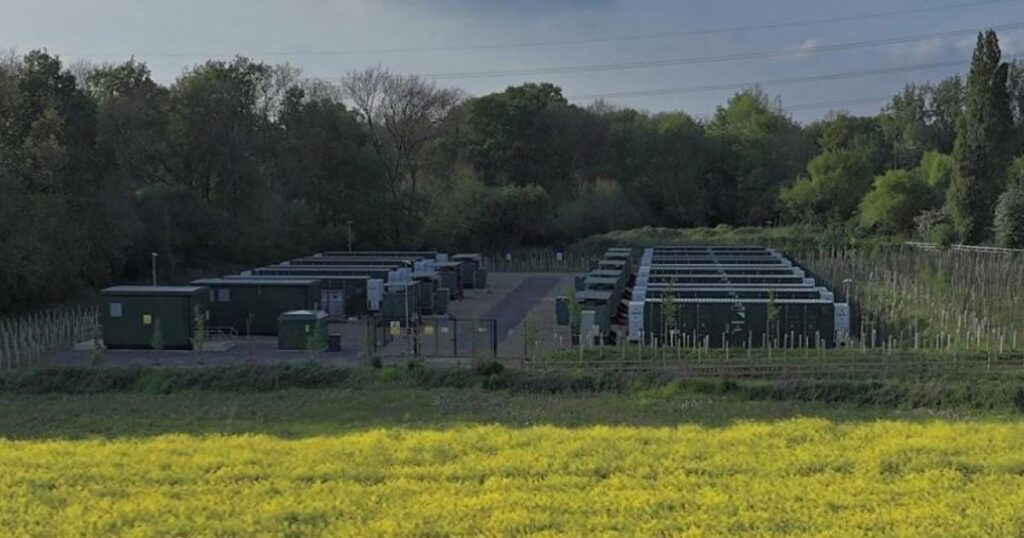Firstway Energy, a UK based energy storage developer, wanted to build a battery energy storage system (BESS) the size of nearly 10 football pitches on agricultural land east of North Cray Road in Sidcup.
Bexley Council refused the proposal last month, citing the “significant harm” the facility would cause to the character and appearance of the rural landscape. Bexley planners also felt the BESS constituted “inappropriate development” within the green belt.
Firstway says it was blindsided by news of the refusal.
The company claims the case officer for the application informed them the plans were likely to be recommended for approval and be discussed at a meeting of the council’s Planning Committee – instead they never made it to the committee and were rejected by officers.
The company has criticised Bexley Council for not allowing the planning application—which received over 600 public representations—to undergo extra public scrutiny at the committee. Bexley Council has disputed Firstway’s claims that the plans were likely to be recommended for approval.
The authority also explained the plans didn’t go before committee because they were not recommended for approval.
According to Bexley planning policy, only applications that progress past the scrutiny stage and are recommended for approval by planning officers can be chosen to be discussed at committee.
A Bexley spokesperson said: “Officers had worked proactively with the applicant during the application process however once the application had been fully assessed against relevant planning policy and guidance, the recommendation was to refuse planning permission.
“No commitment had been made that the recommendation would be to approve the application, nor that the application would be taken to Planning Committee.”
Firstway will appeal the refusal and it is expecting a victory. Firstway Managing Director Nathan Stevenson said: “This decision will now incur the cost, delay and impact on Firstway Energy’s business of securing consent via an appeal, which on the evidence of many appeal decisions for similar energy infrastructure proposals in comparable circumstances we would expect to be allowed.
“We will also be submitting a costs claim to the Inspectorate. All in all, this is set to cost the council hundreds of thousands of pounds just to satisfy some unelected members.”
Mr Stevenson explained that storage systems such as the one Firstway proposed are vital for “keeping the lights on” across the country as they are designed to support the UK’s move to renewable energy.
BESSs take energy from the national grid when supply is high and demand is low and feed it back when supply is low and demand is high.
The Sidcup facility would have been able to store 200 megawatts of electrical energy, which Firstway claims would be enough to power 647,590 homes.
Mr Stevenson added: “The negative stance taken by the London Borough of Bexley towards the provision of clean energy infrastructure in this instance flies in the face of the national effort to decarbonise the energy grid by 2030.”
Firstway is promoting another proposal to build a similar energy storage scheme on land off Dartford Road in Bexley.
The planning application is similarly contentious, having garnered 314 letters of support and 169 objections, and Firstway hopes the council will engage with the company more to avoid another refusal.
Mr Stevenson said: “We are keen to avoid a repeat of the previous refusal and therefore request that council officers actively engage with us during the application’s determination and ensure it is brought before a forthcoming Planning Committee.
“This will allow the clear benefits of energy storage—and its role as a critical national priority—to be properly considered by elected members.”




